You are here
Sat, 2013-09-28 18:04 — mdmcdonald
This working group is focused on discussions about sea level rise.
The purpose of this working group is to discuss what is causing the rise in sea level, how to reduce the rate at which the seas are rising, and how to mitigate the impact that sea level rise is having and will have on our coastal communities.
Add Content to this group
Members
| Kathy Gilbeaux | mdmcdonald | MDMcDonald_me_com |
Email address for group
sea-level-rise-us@m.resiliencesystem.org

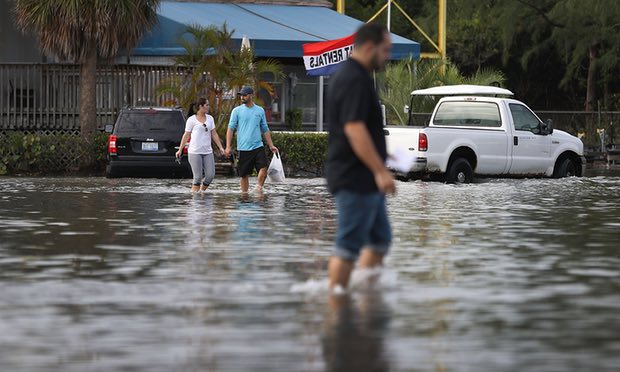


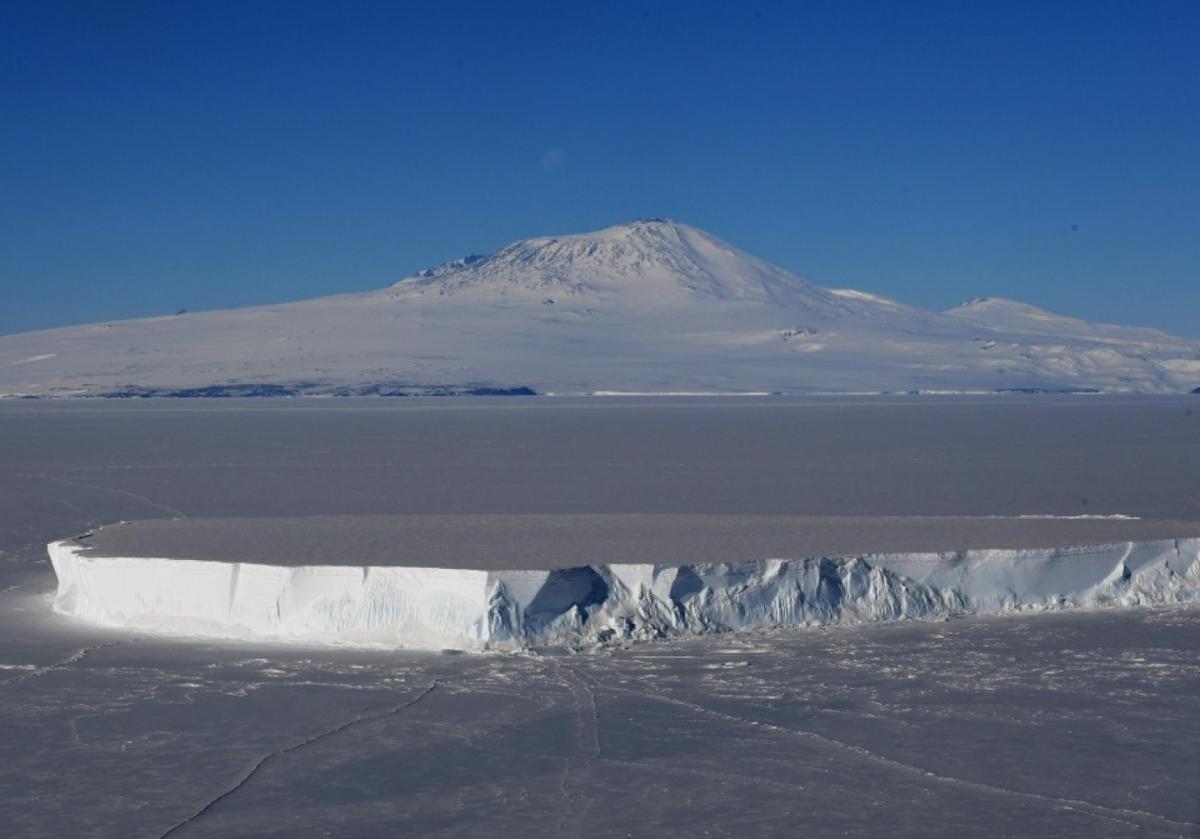
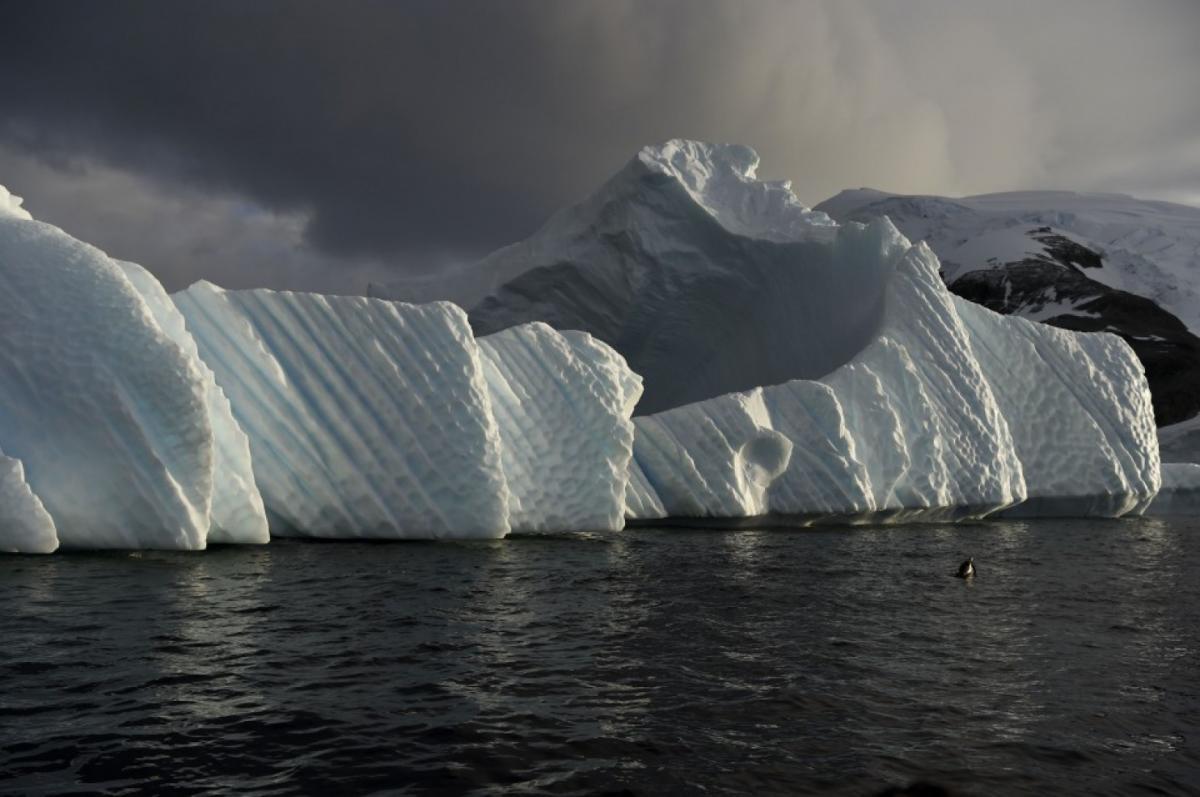
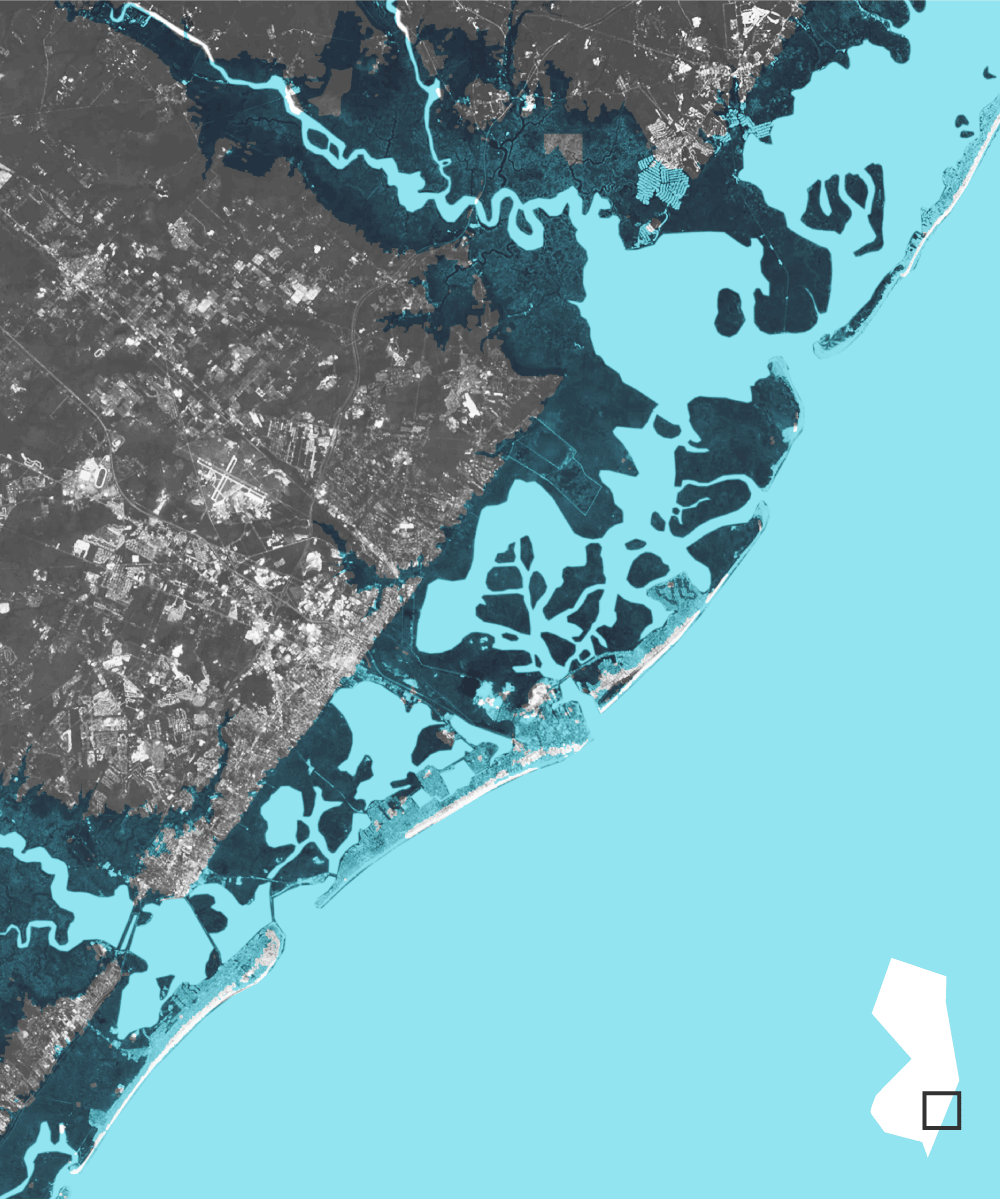
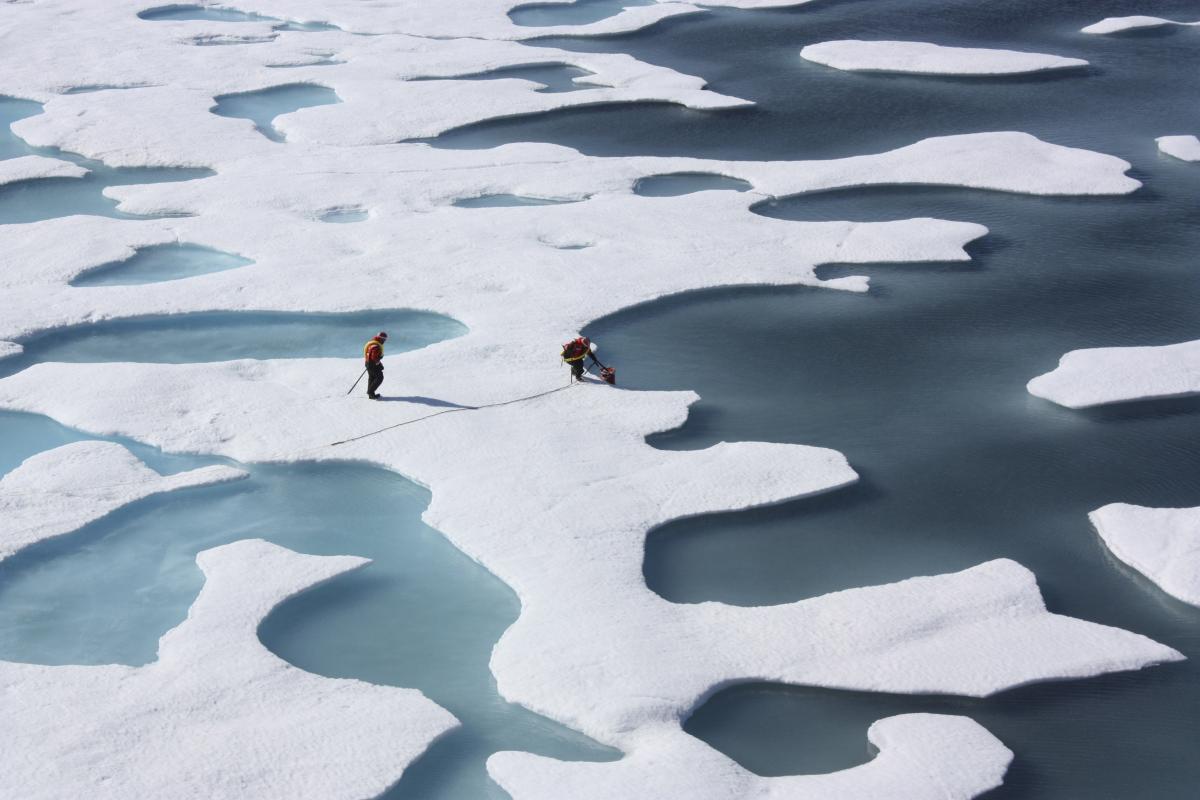

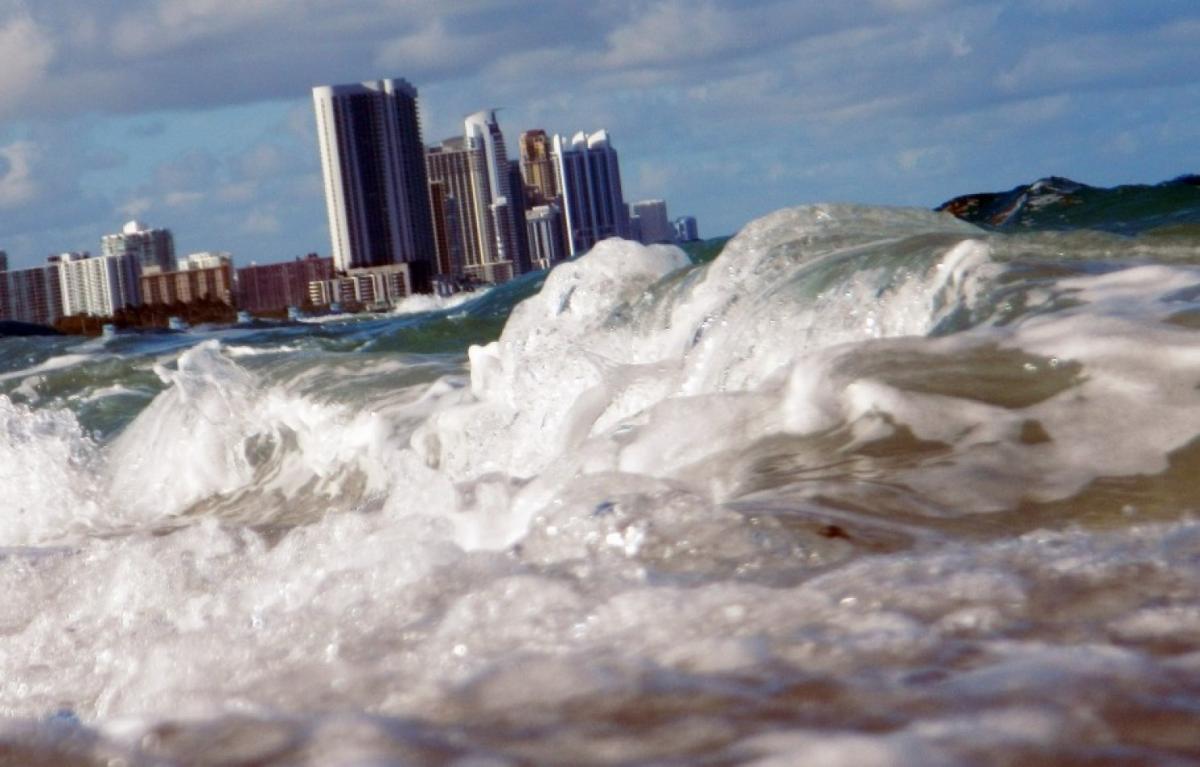
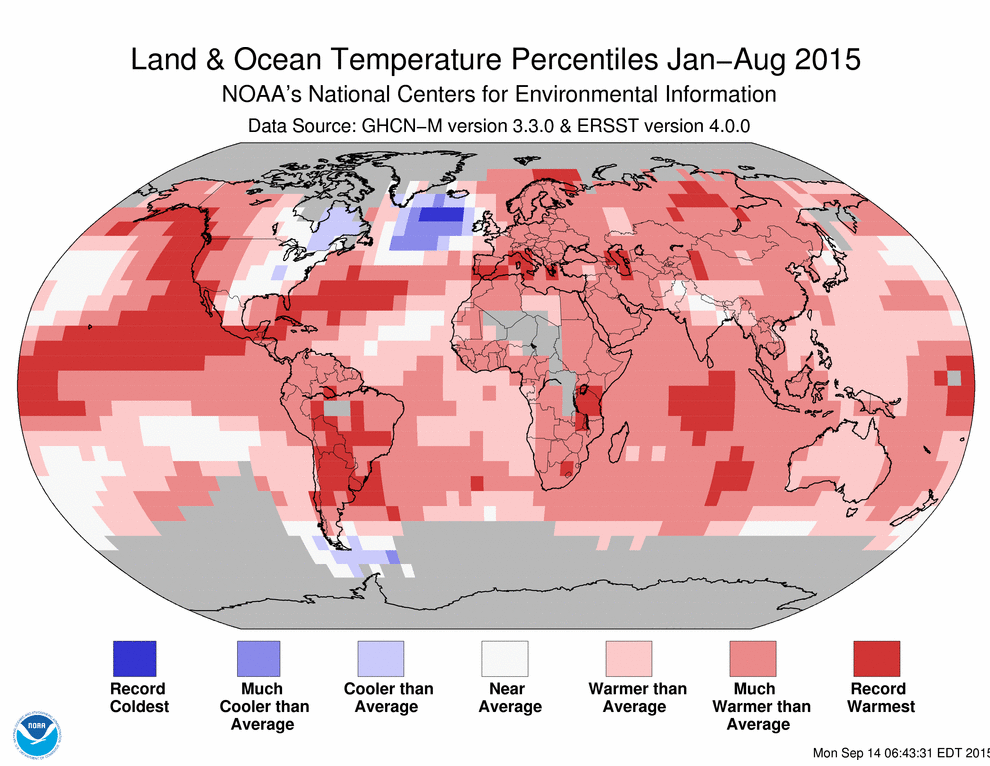
Recent Comments